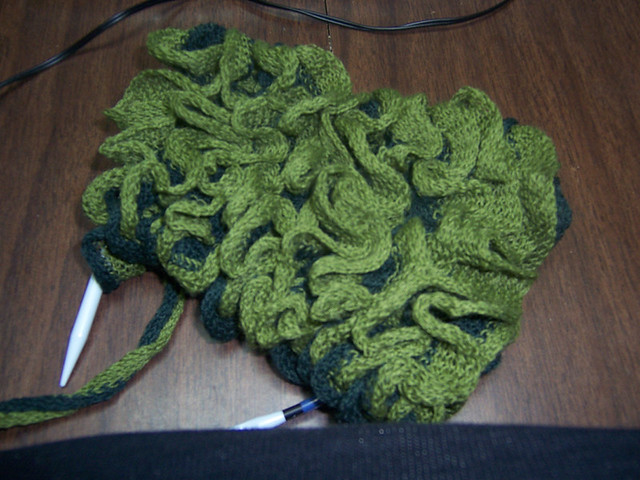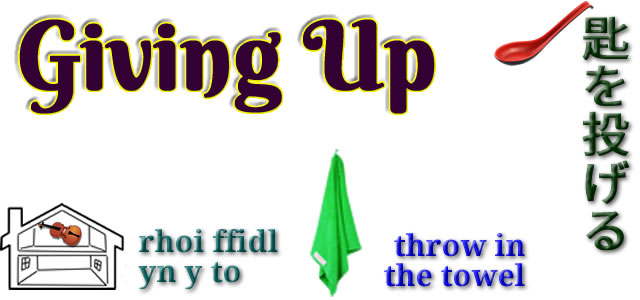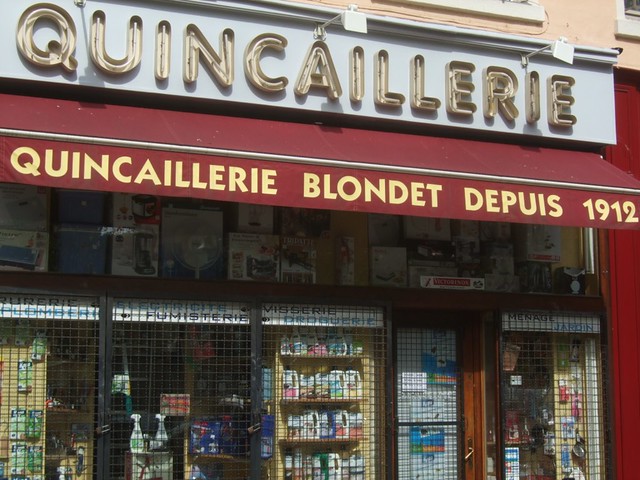
A sunny morning in Oban / Madainn ghrianach anns an Oban
The trip from Oban to Skye went smoothly, and I bumped into a couple on the bus who I met at SMO last year. There were several other SMO-bound people on the bus, but I didn’t know them at the time. We arrived safely at Broadford on Sunday afternoon, and got a lift to the college from there. Along the way, there was sunshine, lots of rain and some high winds, and the views from the bus were beautiful.

Changing buses in Tyndrum / Ag atharrachadh bhusaichean ann an Taigh an Droma
So far, the Gaelic song course has been a lot of fun. There are eleven of us in the class from Scotland, England, Ireland, Switzerland and Germany. Some are here for the first time, others have been here before. Most speak at least some Gaelic, and there’s one native speaker. For me, it’s my 10th time here doing Gaelic song courses, and the 7th course I’ve done with Christine Primrose – the other song courses were with Joy Dunlop, Margaret Stewart and Mary Ann Kennedy.

Àrainn Chaluim Chille – the newer part of the college / Am pàirt as ùire den cholaiste
We learnt five songs on Monday, eleven yesterday, and another four today. Some of them I already know, or have at least heard before, which makes it easier to pick them up. Others are a bit more challenging with lots of verses, and complex melodies that change with every verse to fit to the words. Everything is taught by ear, and Christine likes to tell stories about the songs, the people who wrote them, and how life was at the time they were written. A lot of the songs are relatively old – from the 17th or 18th centuries, and have been passed on orally since then.

Àrainn Ostaig – the older part of the college / am pàirt as sine den cholaiste
On Monday night there was a pub quiz, which was good fun. The team I was in didn’t win, but we were only one point behind the winning team.
The people who study here and work here come from many different places and speak a variety of languages. I try to speak as much Scottish Gaelic as I can while I’m here – that’s one of the reasons why I come here – and I’ve also had conversations in French, Irish and Mandarin Chinese, and spoken odd bits of Welsh, German, Portuguese, Japanese, and even a bit of English.

The views from here are quite nice / Tha na seallaidhean às an seo gu math snog
Last night there was a concert featuring Eilidh Shaw and Ross Martin, a husband and wife duo – he plays the guitar, and she sings and plays the fiddle. They write interesting songs and lively tunes in a traditional Scottish style and sounded great. It was also a nice way to celebrate my birthday.
We have a bit of time off today, and there’s a music session in the bar tonight. I was planning to go for a walk, but it’s raining quite a lot, so I’m spending my free afternoon relaxing in my room, learning a bit more Gaelic, writing nonsense like this, and reading.


















